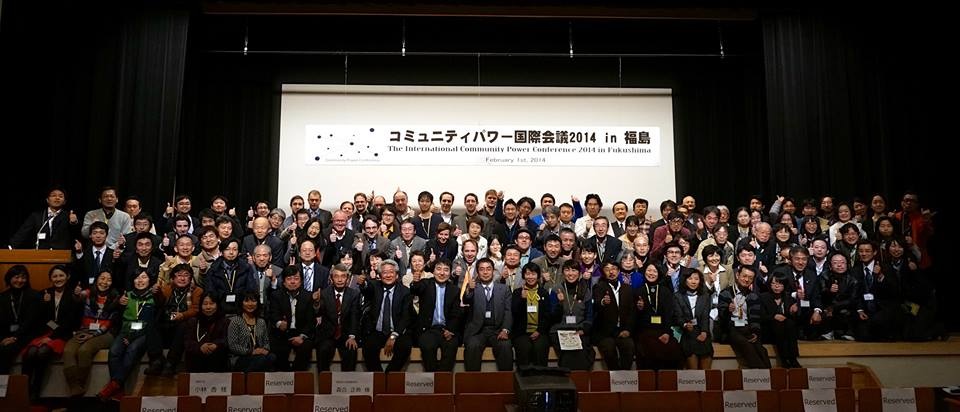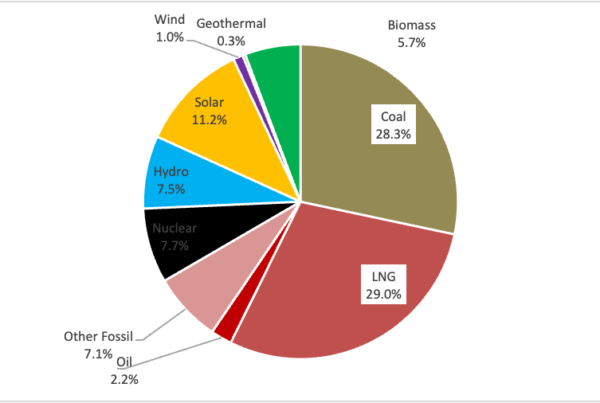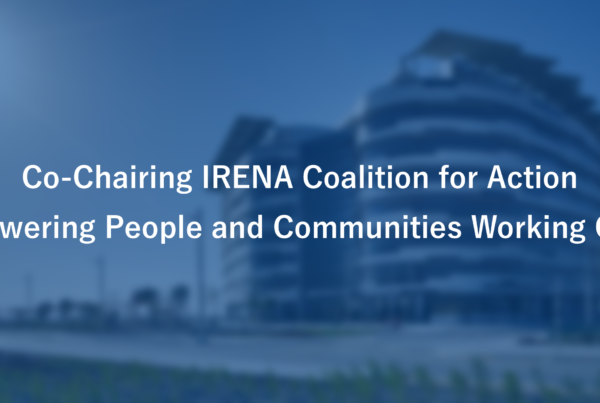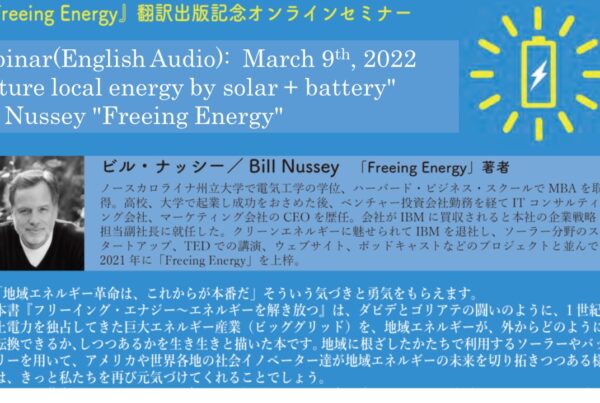
Fukushima Community Power Declaration
From 31 January till 2 February, delegates from Fukushima, Japan and further Asian countries, America, Australia and Europe gathered in Fukushima for the International Community Power Conference. After three days of inspiring, encouraging and very interactive exchange of ideas and experiences, they have agreed on the following declaration:
Three years ago, the world was shocked by the triple, devastating catastrophe of earthquake, tsunami and nuclear meltdown. The nuclear disaster of Daiichi and its hazardous impact on the life of million of people in Fukushima prefecture and in whole Japan has opened the eyes of people around the world and demonstrated in an impressive way that the risks of nuclear power are too big and cannot be controlled and are irresponsible. As a highly centralized energy source, nuclear power is generating profit for few big corporations while many citizens have to bear the risks and suffer from the impact of a nuclear accident.
In this sense, we express our deep solidarity with the people of Fukushima, in particular in those areas which were and are still heavily affected by the devastating tsunami and nuclear disaster. The people of Fukushima, many of which were forced or are still forced to live away from their homes, are suffering most from the terrible accident.
The whole world knows Fukushima now for the nuclear disaster and its name has almost become synonymous for nuclear catastrophe, ignoring the beauty of the area and the gentleness of its citizens.
We applaud Fukushima prefecture for its decision to become a 100% renewable energy region by 2040 at the latest. This decision can revise the current image and even turn it into the opposite, by making Fukushima a world leader in renewable energy and a model for the world.
To some, the 100% renewable energy goal as adopted by Fukushima prefecture may sound like a dream. But we know today communities around the world, where such dream has already become a concrete vision and in some places 100% renewable energy is already a reality today. Renewable energy has helped communities around the world to keep their dignity, their independence and healthiness.
Renewable energies are offered by nature in a decentralized manner and, different from nuclear of fossil resources, cannot become monopolized. Nobody can control the wind or the sun, but everybody can harvest them, without doing any damage to its neighbors.
Renewable energies offer opportunities for all human beings. Harvesting renewable energies like sun, wind, hydropower, geothermal energy or bioenergy, will strengthen local communities by creating new opportunities for income and wealth.
Renewable energies strengthens essentially self-governance, local autonomy, and democratic structures, and they provide energy in a truly sustainable, environmental friendly and not hazardous way.
Of course renewable energies need to be harvested with the consent of the local citizens. This is why community power initiatives have to play a vital role in a renewable energy strategy. Communities can even play a driving role in a bottom-up process, as it has occurred in several European countries, like Denmark or Germany.
While we have seen encouraging steps in many municipalities and prefectures around Japan, we are worried about the recent developments on the national level. We are also worried about similar developments in other parts of the world, where the strong nuclear lobby seems to get an increasing influence on political decisions, against the interest of the general public.
Japan has made some initial steps towards a renewable energy future, e.g. by introducing a feed-in tariff for electricity from renewable sources. In solar energy, some progress can be observed, although the pace is still slow. At the same time, Japan has slowed down wind energy deployment and even dropped out of the top ten countries worldwide in terms of installed wind capacity. Therefore we call upon the government of Japan, the Japanese prefectures, municipalities and legislators on all levels to seriously support the deployment of all kinds of renewable energy with appropriate legislation and policies. We offer our advice on identifying such tools, based on the international experience.
However, it is obvious that the influence of nuclear and fossil fuel lobby groups on political decision makers is still very strong. Hence it will be essential that communities that aim at becoming 100% renewable energy communities strengthen their political impact by cooperating closely and extending their networks.
We highly welcome the launch of the Fukushima Community Power Fund and call on community power proponents in Japan to support the fund so that it can soon become fully operational and support community power groups in investing in renewable energy projects.
On the international and global level, renewable energy communities need to intensify their cooperation as well, either by joining existing networks (such as for wind the WWEA Community Power Working Group) or by creating new networks.
We warmly welcome the recently launched Global 100% Renewable Energies campaign and call upon community power proponents in Japan and all over the world to support this campaign.
Renewable energy communities are also wiling to work with the International Renewable Energy Agency on strengthening the social support for renewable energy.
In order to do so, we promise each other to start collective actions below;
- To launch “community power alliance for 21th century”, based on this lively network
- To launch “Fukushima community power fund” to support and accelerate social innovation in Fukushima through community power
- To change our history from today and now
Fukushima, 2 February 2014
International Community Power Conference 2014 in Fukushima





